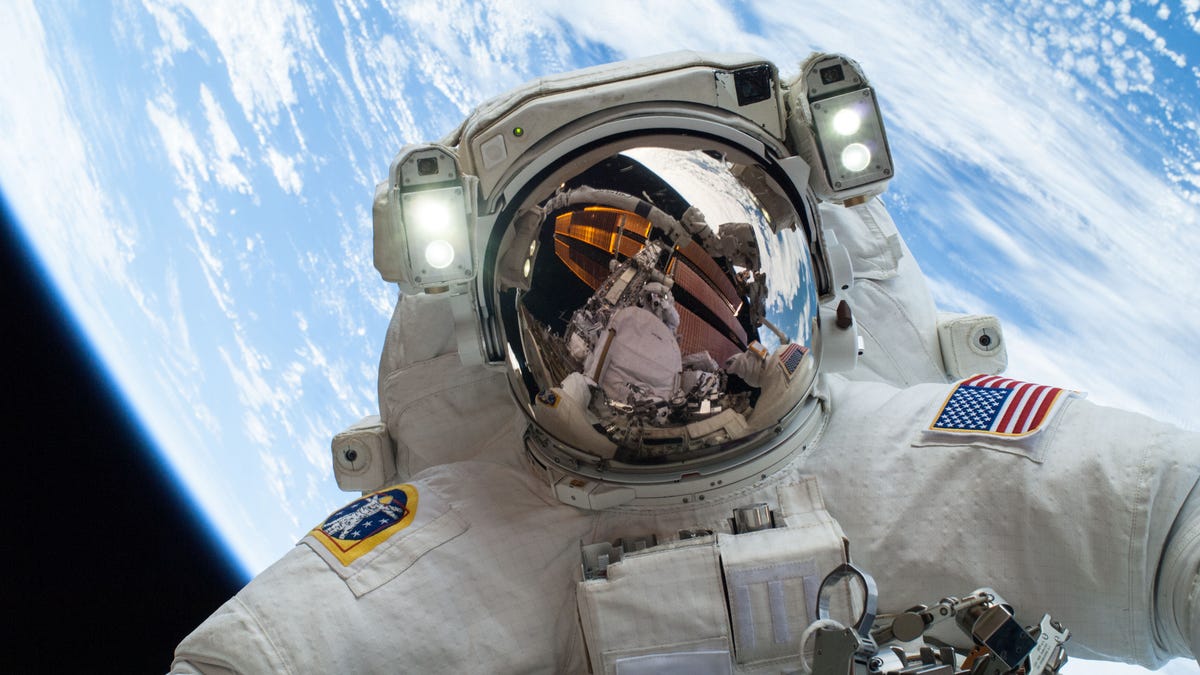NASA puts out open call for new astronauts to pave way to Mars
The agency is opening a public application window to staff its ambitious upcoming agenda of human space travel.
Forget Uncle Sam, NASA wants you to consider a new career serving your country, your species and science as one of the next generation of astronauts. Note that the position may require some travel, but probably not more than about 250 million miles at most for each mission to Mars.
The space agency is putting out a general call to the public for potential future space explorers and will be accepting applications starting December 14 through mid-February with the expectation that the next astronaut candidates would be announced in 2017. When the window opens, applications will be accepted online via usajobs.gov.
Historically, lots of astronauts have had a military or aviation background, but that began to change during the shuttle program with the first civilian astronauts (unfortunately, the first American civilian selected to go to space died tragically in the Challenger accident).
While NASA is still looking for US citizens with experience piloting jet aircraft, it says engineers, doctors and scientists can also make good astronauts. The basic requirement is a bachelor's or advanced degree and related experience in engineering, biological science, physical science or mathematics. You've also got to pass a long-duration spaceflight physical, but if you can pull that off, and you've got the right experience, you might have what it takes to be part of NASA's ambitious manned spaceflight agenda.
At the moment, NASA has its sights set on putting footprints on Mars in the 2030s, but to get there it hopes to send more astronauts to the International Space Station until at least 2024, as well as to cislunar space (otherwise known as lunar orbit) where the agency hopes to stash a relocated chunk of an asteroid for study by astronauts.
A key bonus to joining NASA is that, unlike Mars One, it plans to actually bring all its astronauts home from each visit to Mars.
"This next group of American space explorers will inspire the Mars generation to reach for new heights, and help us realize the goal of putting boot prints on the Red Planet," said NASA Administrator Charles Bolden in a release.
See, Charles Bolden is the new Uncle Sam. And perhaps you could be the real Mark Watney. Check out Bolden's recruitment pitch below.


